The Pareto Principle.
Also known as the 80/20 rule, wherein 80% of sales are generated by 20% of the customers. When applied to the way publishing gambles on blockbusters to subsidize its titles that lose money, it might be more or less 20% of the authors make 80% of the sales.
Publishers look for and sign new authors in a neverending search for the next blockbuster book that will sustain the 20%. Very often a new author will be taken on in favor of renewing a current author’s second or third book if the sales don’t meet expectations (which could mean that it did, in fact, make money, but not enough to satisfy the bean counters).
Last month, I was involved in a rigorous discussion on Dear Author, wherein author Courtney Milan likened publishing’s ability to support this model to pooling risk or, more precisely, flood insurance. I found the flood insurance specificity to be flawed and said why, but really I found the whole “risk pooling” argument flawed, but couldn’t articulate it, so I remained agnostic on the subject for the moment.
Now, after having stewed on it for a while, the better (read: more polite) analogy would be research and development—except without so much the development part.
Recently, president of Farrar, Straus & Giroux, Jonathan Galassi, wrote an extraordinarily unorganized, incohesive rant op ed piece in the New York Times concerning whose rights are whose once the publishing house has put its resources into a manuscript to make it a salable product. Quite frankly, other than the amusing fact that he (an editor) wrote an essay not worthy of a high school freshman learning the basics of English composition, I don’t give a shit about what he thinks the publishers’ value-added rights are.
It was his exemplar of an author long dead, into whom marketing resources were invested to make him that success, that struck me as disingenuous. And a non sequitur. Or ignernt. Dude. You do realize that very few new authors are given these kinds of resources, right? Publishers throw new authors at the wall to see who sticks. There is no “development” counterpart to “research.”
Given that, I’ve moved on from a publisher’s resource allocation to be “risk pooling,” to “research and development,” to “shotgun approach.”
Hang with me—I know I’m only about the 1,537th person to say this, but I do have a point.
So yesterday on Teleread, Rich Adin from An American Editor opined that the way to save publishing is to kill the paperback. When the usual suspects (me) broke out with the usual reaction (Are you out of your fucking mind?), he shot back with, “Well, do you have any better ideas?”
Never mind I have no interest one way or another whether publishing remains profitable, and it’s not my job to put little slips in the suggestion box that will be ignored, and people (readers) have been screaming their fool heads off about what they want which would keep publishing profitable and publishing’s just not paying attention, I will tell you how to keep publishing profitable:
Do less research.
Put a little more development into your research.
Quit getting caught up in auction fever.
Embrace the e-book and treat it as deferentially as you do your other formats and respect those people willing to pay for it. Court them. Cultivate them. They have money to spend on books. Really.
The point is to make every title profitable, or as close to it as you can get.
But I don’t really think you care.

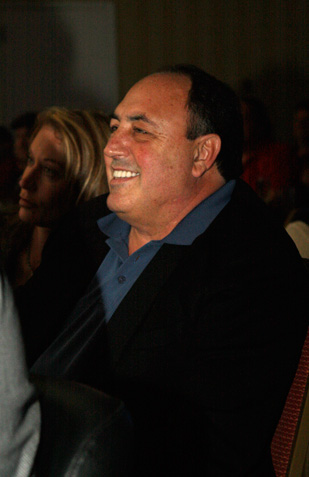 Hang with me for a series of seemingly unrelated factoids.
Hang with me for a series of seemingly unrelated factoids.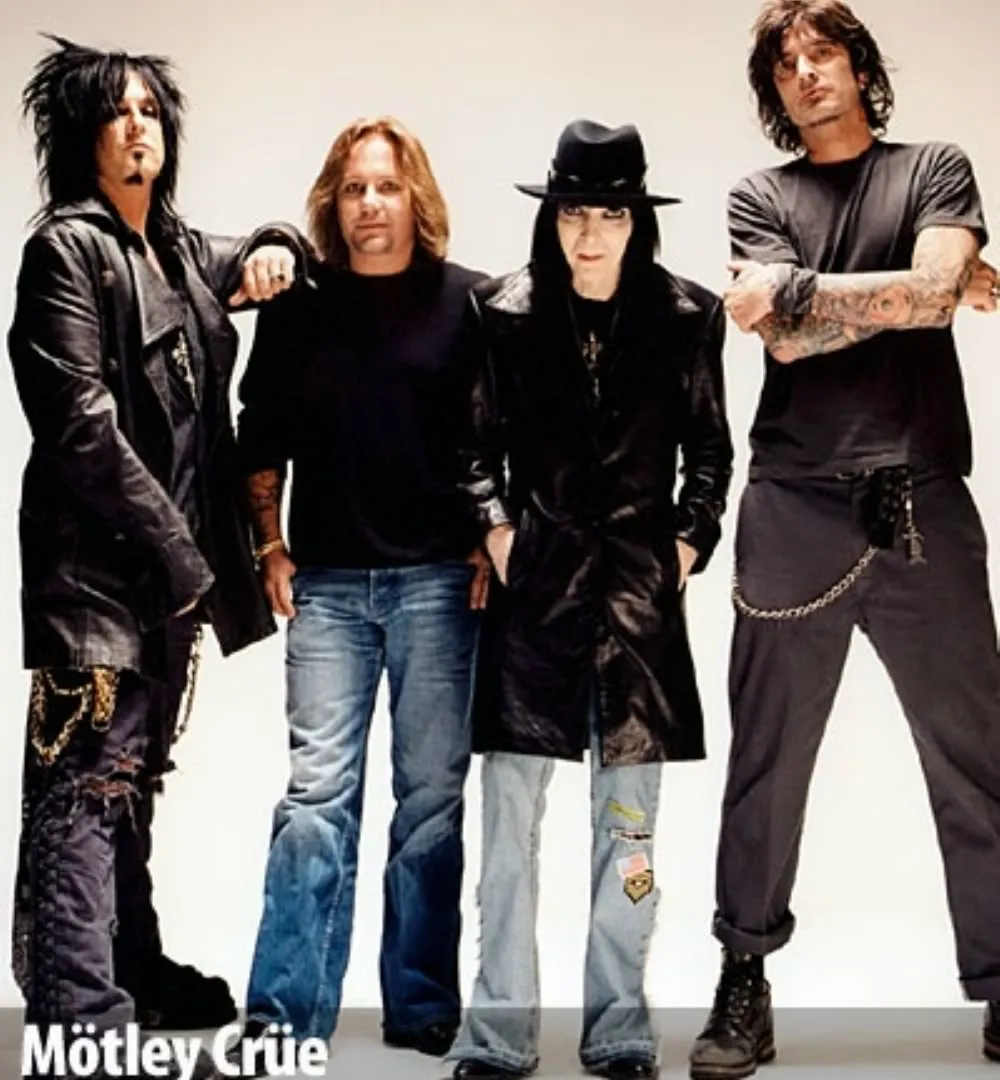
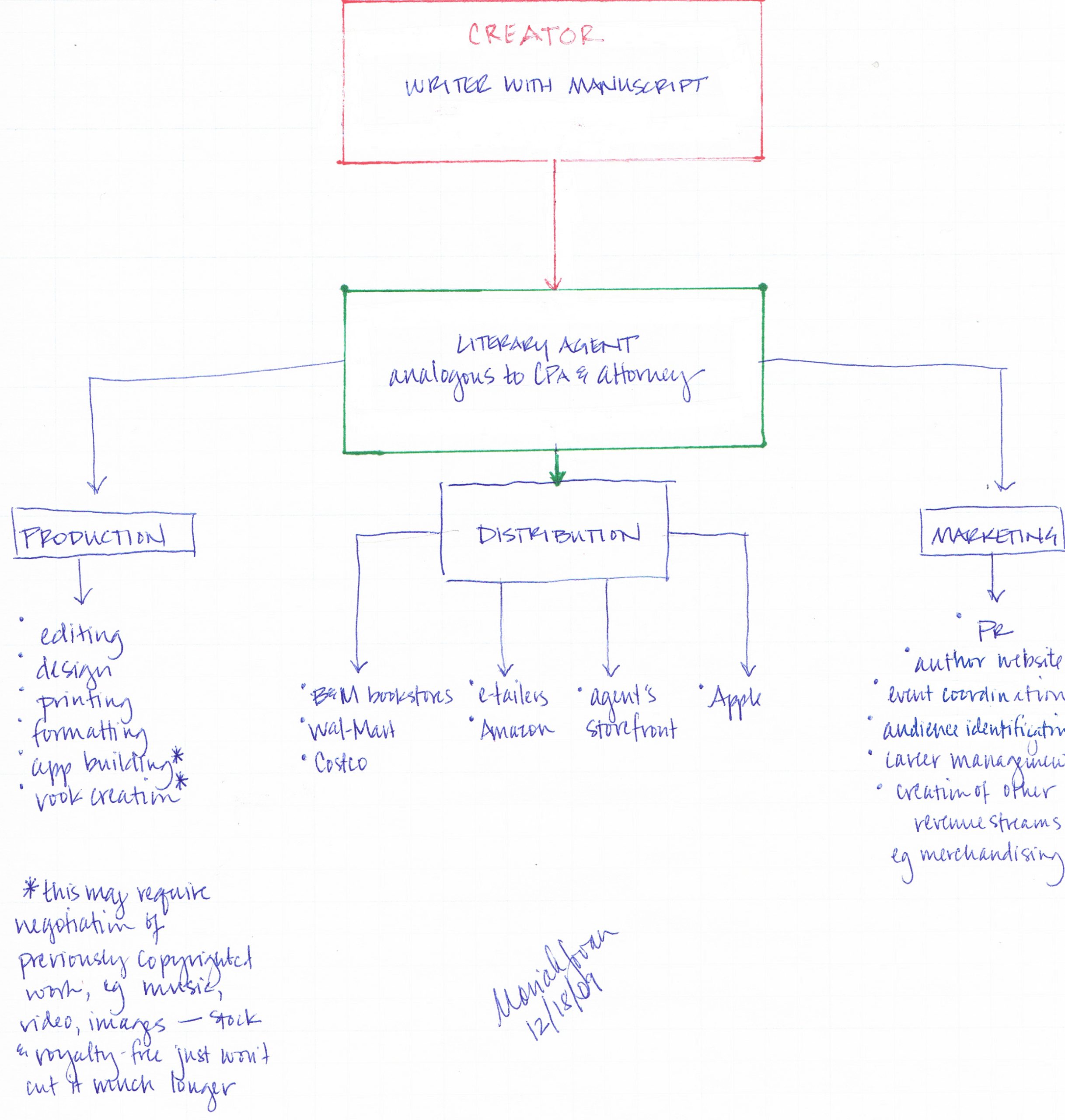
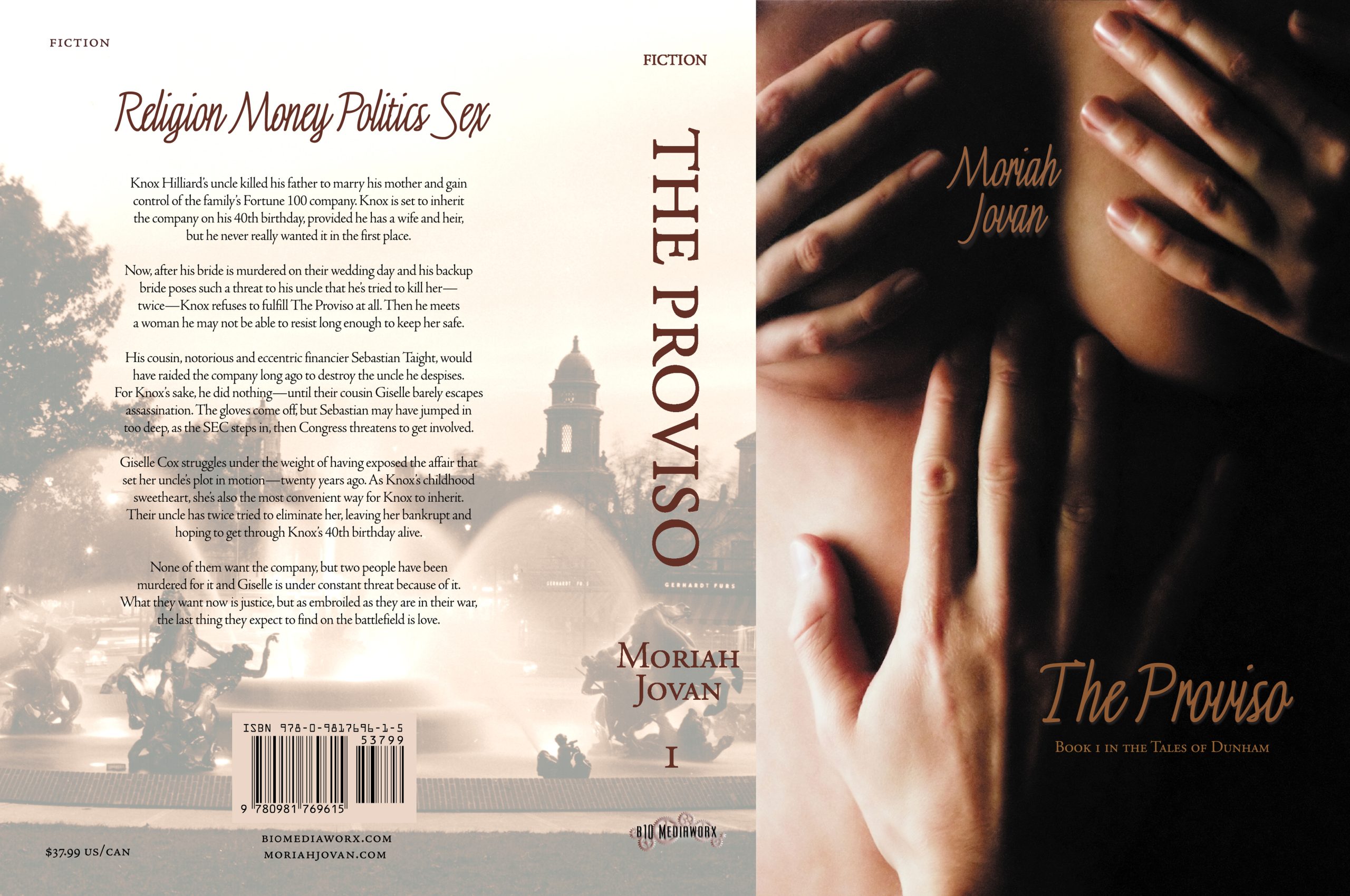 Thank you for your continuing indulgence on the travails of designing a cover if you’re not a designer of covers. As I’ve said in the past, it took me almost a year and hundreds of hours of Photoshopping to come to the cover I did, which I affectionately call The Bewbies™. Originally, The Proviso was one book and it was enormous. Then I figured I’d probably do better to split it out into 3 parts, 1 part per romance. Then I realized there was no way to write this in three parts without making everybody crazy.
Thank you for your continuing indulgence on the travails of designing a cover if you’re not a designer of covers. As I’ve said in the past, it took me almost a year and hundreds of hours of Photoshopping to come to the cover I did, which I affectionately call The Bewbies™. Originally, The Proviso was one book and it was enormous. Then I figured I’d probably do better to split it out into 3 parts, 1 part per romance. Then I realized there was no way to write this in three parts without making everybody crazy.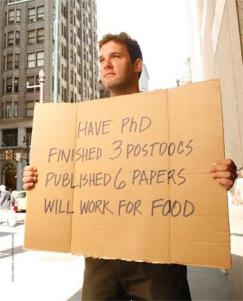 This is not an anti-traditional-publishing rant. This is about writers, about you and your work and how much faith you have in it.
This is not an anti-traditional-publishing rant. This is about writers, about you and your work and how much faith you have in it.![Tweets between me and @RonHogan on July 7, 2009. Tweet from me: “@RonHogan Dude, you put me on about a gazillion print-book lovers’ hit lists. Heeeee!!!” Reply from @RonHogan: “Heh. And that was after I decided AGAINST titling the post ‘Who is Morian [sic] Jovan And Why Does She Hate Paper Books So Much?’”](https://moriahjovan.com/talesofdunham/wp-content/uploads/2009/07/20090729_ronhogantweet.jpg)
 Tax Deduction #2, male, 3 years old, doesn’t read, taught me a very valuable lesson yesterday when he saw this:
Tax Deduction #2, male, 3 years old, doesn’t read, taught me a very valuable lesson yesterday when he saw this: